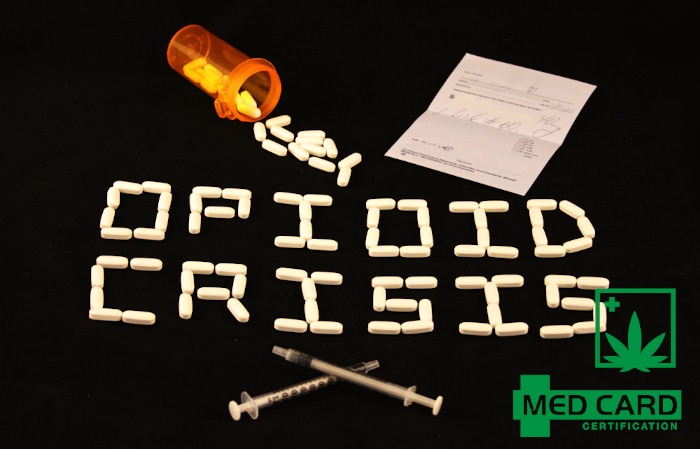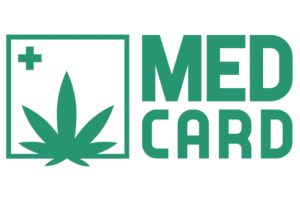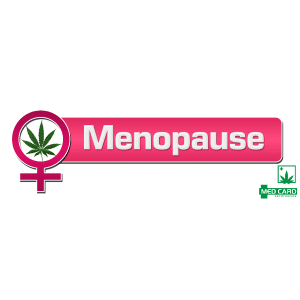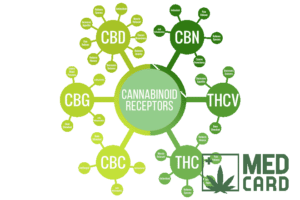
Medical Marijuana For Opioid Replacement and Use Disorders
Many U.S. states are now permitting the use of medical marijuana for opioid replacement as well as treatment for opioid use disorders. Statistics suggest that death and opioid addiction rates are lower in medical marijuana states. In this post, we’ll take a look at some of this evidence and toss in a couple of interesting videos on the topic including a TED Talk titled, “As Opioids Continue to Kill, Looking to Marijuana as a New Painkiller.”
Recent compelling research indicates that medical marijuana may reduce the incidence of overdose death due to opioids with the proper applications. Other reports have shown that medical marijuana laws are associated with a decrease in opioid overdose deaths and hospitalizations.
Some healthcare practitioners are strong believers in marijuana’s role as a viable substitute for opioid medications. Others speculate that ingestion of medical marijuana may help in the cessation of opioid intake post-injury by offsetting a patient’s reliance on opioids during treatment.
What statistics point to marijuana as an opioid replacement?
Statistically speaking, opioid overdose deaths saw a dramatic rise from 33,000 in 2015 to 42,000 in 2016. And over the past decade, the number of patients with noncancer pain receiving opioid prescriptions has doubled.
Many patients taking these highly addictive drugs are left with a substance-abuse issue, even after the pain has subsided.
U.S. mortality data from the CDC, in conjunction with U.S. census data, were analyzed at a county level. This data was based on information from 23 states with legal cannabis dispensaries by the end of 2017. The data included all opioid types, such as all prescription opioids, and their subcategories like heroin and fentanyl. The correlation between mortality rates and medical and recreational marijuana dispensaries was also analyzed.
According to this estimate, an increase from one to two storefront dispensaries in a county is associated with an estimated 17 to 21 percent reduction in all opioid-related mortality rates. The panel’s conclusions suggest that lower mortality rates due to synthetic opioids particularly fentanyl are potentially related to the prevalence of marijuana dispensaries in the region.
Balázs Kovács, PhD, of Yale University School of Management in New Haven, Connecticut, one of the authors of the study concluded:
“We find this relationship holds for both medical dispensaries, which serve only patients who have a state-approved medical card or doctor’s recommendation, as well as for recreational dispensaries, which sell to adults 21 years and older.”
In another analysis from 2014, it was again suggested that states with medical cannabis laws experienced a decrease in opioid-related deaths.
Sadly, all forms of marijuana are currently illegal at the federal level in the U.S. Marijuana is still classified as a Schedule 1 drug, supposedly with no discernable medical use and considered to have a high potential for addiction and abuse.
Ironically, substances known for being hazardous and highly addictive such as cocaine and methamphetamine have long been accepted as medical treatments in the U.S. and receive a Schedule 2 category. This category of drugs also includes prescription opioids — which are, of course, fully legal if prescribed by a medical professional.
Is there any evidence that marijuana use reduces opioid abuse disorders and overdoses?
NORML, one of the driving forces behind the nationwide marijuana legalization movement cites two studies touting the benefits of marijuana use in the treatment of opioid addiction.
The first study is discussed by a researcher from the University of California at San Diego. In his assessment of opioid-related hospitalizations following the alterations to the state’s cannabis laws the author reported significant, immediate, and long-term reductions in the number of hospitalizations due to opioid overdose.
The researcher went on to say:
“This study demonstrated significant reductions on OPR- (opioid pain reliever) related hospitalizations associated with the implementation of medical marijuana policies. … We found reductions in OPR-related hospitalizations immediately after the year of policy implementation as well as delayed reductions in the third post-policy year.”
The researcher also claimed that the increase in marijuana-overdose hospital visits had nothing to do with the state’s liberal cannabis laws:
“While the interpretation of the results should remain cautious, this study suggested that medical marijuana policies were not associated with marijuana-related hospitalizations. Instead, the policies were unintendedly associated with substantial reductions in OPR related hospitalizations… The findings are consistent with those of other studies reporting that medical cannabis legalization is associated with lower rates of opioid abuse, mortality, and prescription drug spending.”
The second study cited by NORML took place in Canada at the University of British Columbia. Researchers assessed 277 medical marijuana patients. Not surprisingly, 63 percent of the participants reported substituting marijuana for prescription painkillers.
The participating patients felt they could successfully reduce their opioid intake because marijuana had very few adverse side effects. They also believed it to be a much safer option and that it offered “better symptom management.”
The researchers stated:
“The finding that patients using cannabis to treat pain-related conditions have a higher rate of substitution for opioids, and that patients self-reporting mental health issues have a higher rate of substitution for benzodiazepines and antidepressants has significant public health implications. In light of the growing rate of morbidity and mortality associated with these prescription medications, cannabis could play a significant role in reducing the health burden of problematic prescription drug use.”
The study concluded that patients suffering from chronic pain issues with easy access to legal cannabis spend less money on prescriptions and, additionally, are far less likely to use or abuse opioids.
Further, in a 2015 report by the RAND Corporation, it was determined:
“States permitting medical marijuana dispensaries experience a relative decrease in both opioid addictions and opioid overdose deaths compared to states that do not.”
And in yet another report by the Journal of the American Medical Association the discoveries were similar. Drastically lower state-wide opioid deaths appeared to be closely associated with the enactment of medicinal marijuana laws. The results of the study showed that states with medical cannabis laws “had a 24.8 percent lower mean annual opioid overdose mortality rate compared with states without medical cannabis laws.”
Paul Armentano, deputy director of NORML sums it up perfectly when he states:
“The data is clear. Cannabis is effective at treating pain, including hard-to-treat pain conditions like neuropathy, and arguably represents a safer alternative to opioids.”
The evidence is stacking up in favor of medical marijuana as a potent substitute for pain management, in lieu of prescription opioids. Finally, and most importantly, in regions with accessible, legal marijuana, opioid-related mortality rates are significantly lower.
How To Get Medical Marijuana to Replace Opioids
If you are a resident of a legal state interested in trying medical marijuana to treat Opioid Use Disorder/Opiate Dependency, have a condition that opioids can be prescribed, or other medical conditions, you will first need to consult with a certified doctor in order to get a medical marijuana card.
To get started, simply fill out the MMJ patient registration form, press submit and a physician or clinic representative will contact you as available.

Sign Up for Medical Cannabis Today!
For potential patients, if you’re ready, we make it easy to connect with a medical marijuana doctor nearby or online. If you are interested in getting certified, please fill out the MMJ patient registration form below and press submit to get started. See if you qualify today!

MedCard Registration Form

Videos on marijuana and opioids:
Helpful Medical Marijuana Links:
Sources and Additional Reading
- What Ecologic Analyses Cannot Tell Us About Medical Marijuana Legalization and Opioid Pain Medication Mortality | JAMA Internal Medicine
- Opioid, Marijuana Dangers
- Association between county level cannabis dispensary counts and opioid related mortality rates in the United States: panel data study
- Veterans, PTSD, Medical Marijuana, and the Opioid Crisis
- Opioids vs. Marijuana: Which Is More Dangerous?
- Medical Marijuana and Opioids (MEMO) Study: protocol of a longitudinal cohort study to examine if medical cannabis reduces opioid use among adults with chronic pain
- Association between county-level cannabis dispensary counts and opioid-related mortality rates in the United States: panel data study
- Relationship Between Marijuana and Opioids
- Cannabinoids versus Opioids for Chronic Pain Care
- Evidence shows that cannabis has fewer relative harms than opioids
- For Opioid Use Disorder, Does Cannabis Produce Harm or Reduce Harm? – Recovery Research Institute
- Medical Marijuana Legalization Associated With Fewer Opioid-Related Hospitalizations













